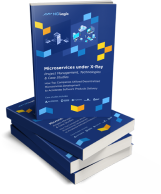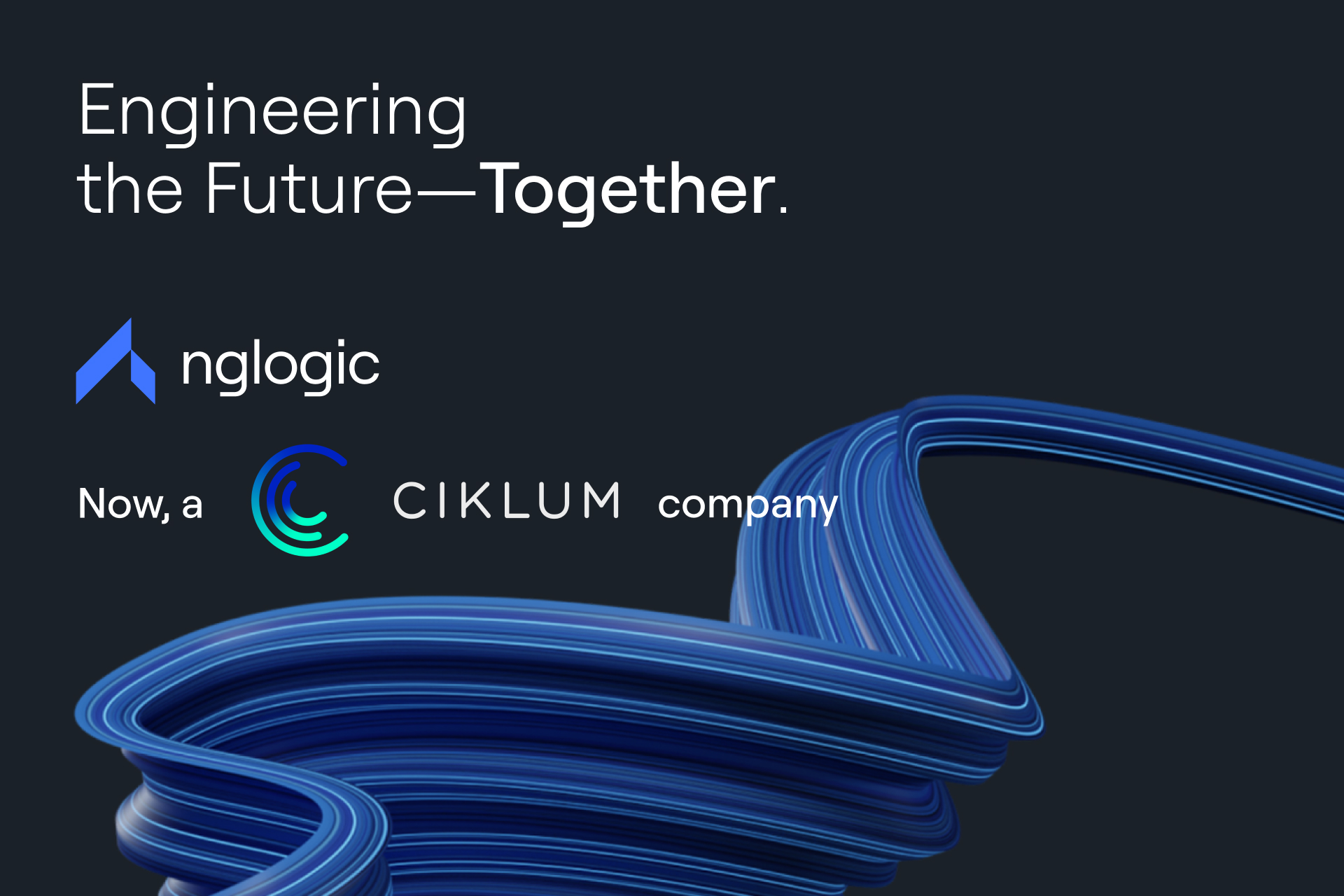Data science is a complex study of an interdisciplinary nature that deals with analyzing, categorizing, and otherwise working with large volumes of raw data. For this purpose, data scientists use a wide array of different tools and methods. Data science has a holistic nature, which means it is up to the data scientist to decide what to do with the raw data and what kind of information can be taken out of it.
In business, data science allows companies to make informed decisions. Although with its very open nature a lot depends on the data professionals and big data engineers, it’s quite obvious that it’s much easier for leading brands to gain insights and make the right choices.
As data science can be applied throughout the business we will focus more on the marketing side of things. Let’s dive into the marketing data science world and see some examples of common issues that marketing teams have and what data science can do to solve them.
What data scientist does?
There seems to be a lot of confusion about what data science is about and what role data science should play in marketing.
Firstly, the term data science shouldn’t be used interchangeably with data analytics. Although they might seem very similar, the key difference is that analytics deals with past and already collected data while data science should try to predict the future by applying machine learning and advanced statistical analysis.
Data scientists should be able to have some technical skills and basic knowledge of programming that will allow them to run machine learning models and other data science methods in R or Python. However, they are not software developers. They do not need to build new software, manage infrastructure, or produce code.
There’s no one core competency for data scientists. Just as data science is an interdisciplinary field, a data scientist has interdisciplinary core competencies such as business knowledge, programming, statistics, and ideally, marketing. After all their basic tools of the trade are artificial intelligence and machine learning which will help in the optimization of your marketing initiatives.
Should you hire a data science professional?
That depends on a lot of factors, but the key questions are: do you have a lot of marketing data to process? Are you in need of predictive analytics? Do you have the capacity and manpower to support the marketing data scientist with an engineering team?
If the answer to all of the above is “yes” then you probably should hire one. Just mind that your marketing division will have to accommodate a new data science workflow in creating new marketing strategies and marketing campaigns. However, if marketers understand how valuable data mining and data science can be, they should welcome them with open arms.
If you are not sure if you still need a dedicated data scientist at your company, one of the many MarTech platforms that offer advanced marketing analytics and predictive models might satisfy your company’s needs.
Let’s take a look at spots that data science can help with.
Budget Optimization
“Where should we spend the money?” is the core question of any digital advertising campaign. To answer this question we first have to establish a set of performance indicators that will act as a foundation for predictive analytics. Data science can then provide us with an algorithm that will automatically calculate the ROI for campaigns. By using historical data from past marketing activities, we can use data science to model, at least to a certain extent, customer behavior.
Data science can also help with channel optimization and give a combination of the most profitable channels for your marketing strategy. It will also suggest which channels should get what budgets to perform effectively. With this, you can, at least in theory, dodge some initial channel testing and have to deal less with a wasted marketing budget while still getting meaningful insights.
Product Pricing
Another topic that data science methods may help with is product pricing. Data science can use data mining, the profiles of the target customers, and product data to determine the best price for your product or the most profitable pricing range for each customer segment.
Sentiment analysis
Creating and upholding a positive reputation for your brand is one of the vital tasks for marketing.
A customer’s initial reaction to the first contact with your brand through social media or another type of advertising will often have a tremendous long-term effect on your relationship. If there was only a way to predict how they see your before it happens… Of course, there is. Data science can use user reviews, social media opinions, survey responses, and other types of customer feedback left by previous customers to help you predict how new customers will see your brand.
A good way to control your reputation and reception is through sentiment analysis. In short, it is a process of detecting positive, neutral, or negative sentiments in text. Although you could do this manually, it is neither effective nor viable in the long run. Especially, if your brand is producing and publishing a lot of text formats.
You can use natural language processing methods and machine learning models to score each individual social media post, blog article, or landing page based on the reaction to that piece of media. You can even use speech-to-text analytics to score phone conversations that your sales or customer support team conducts.
Sentiment analysis can even go further and detect more than the simple polarity of good and bad. In some cases (and with a talented data scientist) you can detect more specific feelings such as anger, happiness, and sadness or less specified feelings such as a feeling of urgency that might be hard to grasp but can be a very strong tool in marketing optimization.
Sentiment analysis is also used in real-time data analytics to quickly detect potential issues such as a PR crisis or an unwanted escalation of social media channels and allows to immediately engage the customer and take control of the situation.
Customer Segmentation
One of the key elements of all successful marketing strategies is to find the groups of potential customers that are similar to each other in various aspects but distinct enough from other groups of customers to be able to characterize them.
To find the most profitable groups to market to, data scientists would analyze past marketing campaigns, find variables that characterize users with the highest customer lifetime value, and extrapolate which characteristics ideal customer segments should have to maximize the profitability of the next campaign.
Advanced lead targeting
Through data science and machine learning, we can learn what the ideal time to try to reach out to the potential customer is. With enough data analytics, data scientists can match a product or offer with a defined segment of customers and define the appropriate time to reach out to that group.
Advanced lead scoring
The value of every potential customer can be scored. By analyzing previous customer behavior of similar customers, you can evaluate the potential value and decide if it is worth engaging that potential customer.
Advertising to the right and profitable audience is one of the core concepts of modern marketing. Thanks to data science, marketing departments can now skip at least some of the trial and error and save some budget.
Recommendation Engines
We tend to treat recommendations while browsing as something completely natural now, but it is worth pointing out that recommendation engines (the set of rules and variables responsible for matching a customer with specific products or content) are the brainchildren of data scientists.
Although they usually feel quite lightweight and seamless to use, recommendation engines can get pretty elaborate and complex pretty fast. The marketing team has to take a lot of data into consideration when preparing the data science models for them. Basic knowledge about the user and the customer base, customer sentiment, and more. On top of that, recommendation engines often utilize machine learning and marketing analytics to constantly optimize recommendations and customer conversion.
The two most basic groups of recommendation engines that we can categorize are based either on collaborative filtering or content-based filtering.
An engine based on collaborative filtering will take the buying habits of other customers into account first, so it comes back to customer segmentation. On the other hand, a content-based filtering recommendation engine is more “interested” in product descriptions and types and will recommend similar products.
In eCommerce recommendation engines are one of the basic tools for optimization. They are present in search bars, recommended product sections, in email campaigns.
However, there are also downsides to the extensive use of recommendation engines. Content-based filters might often recommend more of the same or very similar products rather than up-sell something complementary (e.g. a second printer rather than printing paper or ink cartridges). The collaborative type will sooner or later show the customers something they aren’t interested in a bit. If the customer segmentation is poor and the purchase history is non-existent, such customers might feel attacked by recommendations of products they don’t want.
A good practice is to mix both types of recommendation engines and formulate deeper insights based on the data collected.
Customer loyalty and mitigating the churn score
You can apply data science to maintain customer loyalty which directly influences the average customer lifetime value and, as an old rule of online marketing says, it is always easier to cater to a returning customer rather than a new one.
Data science can sometimes predict which customer might be lost by analyzing past customer patterns and even suggest steps the marketing should take to avoid that situation, such as what type of special offer or discount to offer to the wavering customer.
Moreover, conducting customer loyalty and churn rate data analysis might uncover some flaws in your system or store that can be easily fixed for quick wins.
Attribution models
Data science can be used in marketing analytics to track the customer journey (how they found the business, how they interacted with it) and determine which touchpoints were the most effective, which parts of the marketing mix have to be further optimized, and which simply generate losses and can be considered a waste of marketing budget.
Conclusions
In the modern landscape, the application of data science in marketing can be crucial. As the number of collected data grows to an extent that cannot be effectively analyzed manually, data science just might be the answer.
Moreover, the interdisciplinary nature of data science fits perfectly with the day-to-day challenges that marketing faces such as building and optimizing new marketing strategies and marketing campaigns, making informed marketing decisions, and acting on data through robust marketing analytics.













 +1 (888)
413 3806
+1 (888)
413 3806